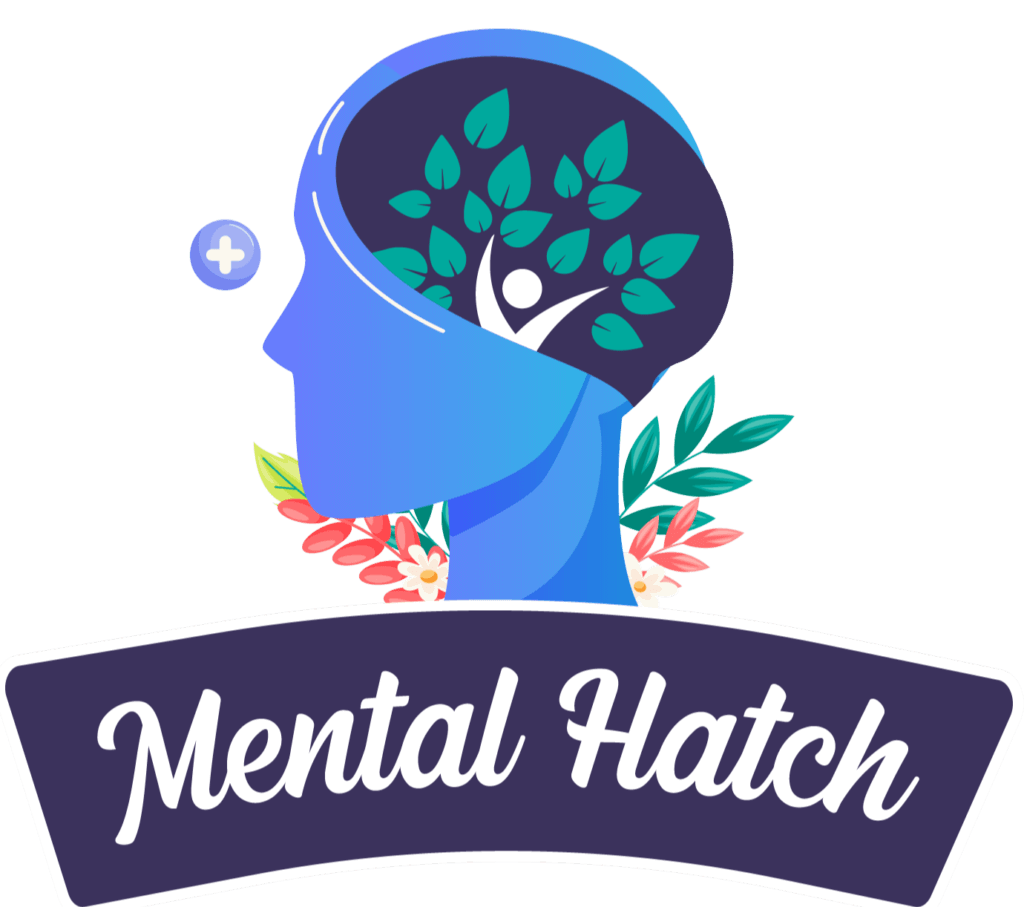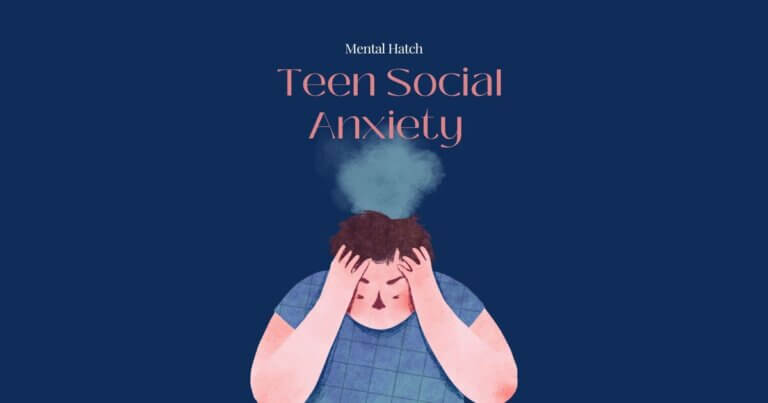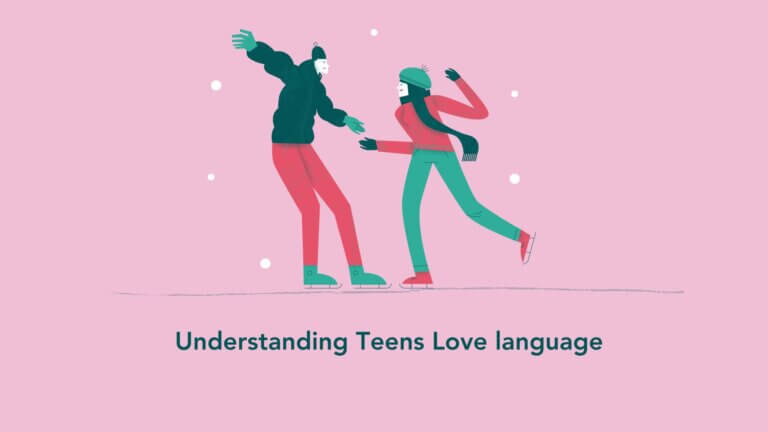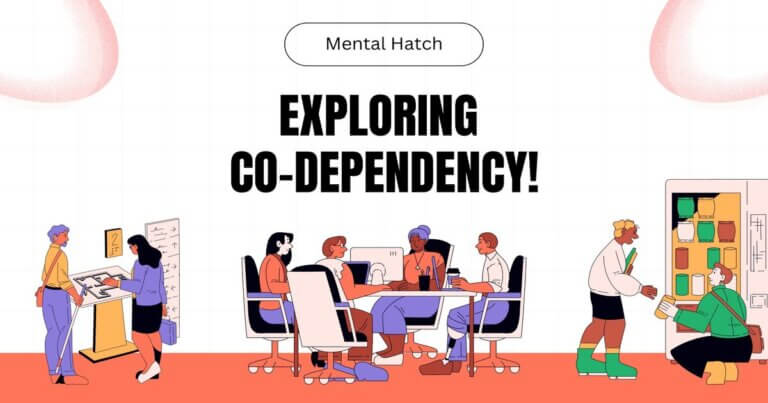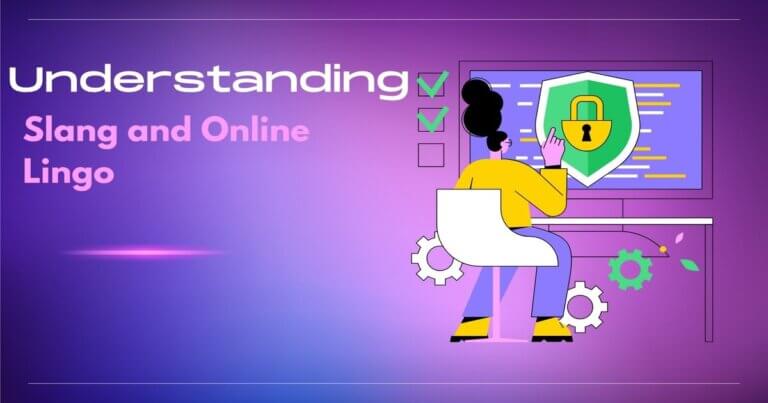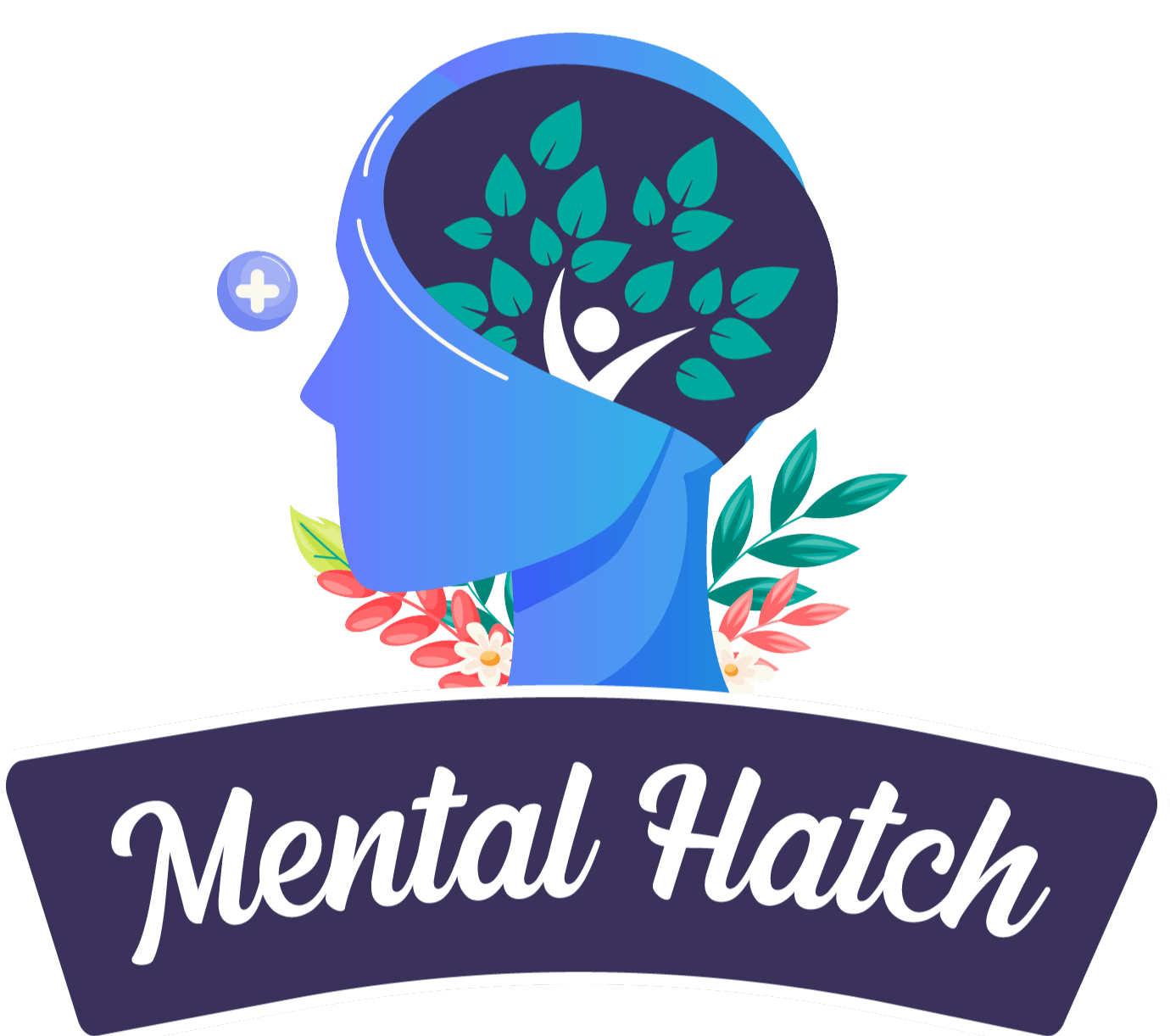Imagine you and your best friend get into a fight about something so silly. You’re both so focused on being right, nobody’s actually listening. Wouldn’t it be easier if you could just see things from their side for a moment?”
Empathy Defined: “That’s where empathy comes in – the superpower of understanding how someone else feels, even when you disagree. It’s like a mind-reading tool for friendships.”
Benefits: “Empathy isn’t just about being nice. It’s like the glue that holds friendships together. It helps you work through arguments, see past annoying habits, and really connect on a deeper level.”
Table of Contents
ToggleUnderstanding Your Own Emotions
“‘Knowing yourself is the beginning of all wisdom.’ Ancient Greek philosopher Aristotle knew what was up! Before you can understand anyone else, you’ve gotta figure yourself out.”
Self-Awareness: “Think of your emotions as little messengers trying to tell you something. Are you frustrated? Stressed? Super excited? Getting in tune with your own feelings makes it so much easier to recognize what your friends might be going through.”
Activities:
Mindful Journaling: “Grab a notebook, no judging allowed! Just let your thoughts and feelings flow onto the page. Notice any patterns? Maybe you always get cranky before a math test…”
Feelings Wheel: “These charts look like colorful pizza slices with tons of emotion words. They help you get specific – is that ‘anger’ you’re feeling, or more like ‘irritation’?”
Active Listening and Perspective-Taking

“Wise words from Stephen Covey: ‘Seek first to understand, then to be understood.’ This simple rule can change your whole friendship game.”
The Power of Listening: “Good friends know the best gift you can give is your full attention. When you really listen, it shows your friend they matter, and it helps you get on the same wavelength.”
Activities
“Tell Me More”: “This magic phrase keeps the conversation going! Instead of jumping in with your own story, try ‘Tell me more’ to help your friend open up.”
Reflective Listening: “Try this: ‘So, it sounds like you’re feeling…’ and repeat back what you understand. It shows you’re paying attention and gets miscommunications out of the way.”
Embracing Differences
“‘We don’t see things as they are, we see them as we are.’ – Anais Nin nailed it. Everyone has their own unique filters shaped by their lives.”
Challenging Assumptions: “We all have those ‘blink and you miss it’ judgments. But remember, just because your friend likes different music or dresses a certain way doesn’t mean you know their whole story.”
Activities:
Privilege Walk: “This powerful activity gets teens thinking about unseen advantages. Be sure to run this one in a safe space with careful discussion afterward.”
Worldview Swap: “Have each teen pick a culture they’re unfamiliar with. They’ll research food, clothing, customs, then give a little ‘day in the life’ presentation. Amazing for fostering understanding!”
Role-Playing for Real-Life Scenarios:
“Sometimes, experience really is the best teacher. Let’s practice a bit before those tricky friendship situations pop up!”
Common Friendship Challenges: “Let’s talk rumors, broken promises, feeling left out. These things happen, and empathy helps you navigate them without everything blowing up.”
Activities:
Improve Scenarios: “No scripts here! Act out situations, then switch roles to get into each other’s heads. Laughter totally encouraged.”
“What Would You Do?” “Present different ways teens could handle conflict. Discuss which choices build empathy, which ones don’t.”
Building Empathy Through Service

“‘The best way to find yourself is to lose yourself in the service of others.’ Gandhi was a wise man. Helping others takes you out of your bubble and builds powerful connections.”
“Think of volunteering like stepping into a whole new world. You meet people with different backgrounds, experiences, and struggles. It broadens your perspective way beyond your usual crew.”
Activities:
Volunteering: “Choose projects where you’re interacting with people – food banks, tutoring programs, visiting senior centers. The more conversations, the better!”
Sharing Stories: “After volunteering, have your teens talk about what they learned. Maybe someone’s story surprised them, or maybe they realized they have more in common with someone than they thought.”
Conclusion
Building empathy takes practice, just like any skill. But remember: more empathy = stronger friendships, fewer misunderstandings, and a broader understanding of the world.”
Ready to give it a try? Pick one activity from this list and get started! Even small steps make a difference. How will being a more empathetic person change the way you experience your friendships?
